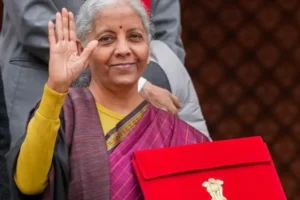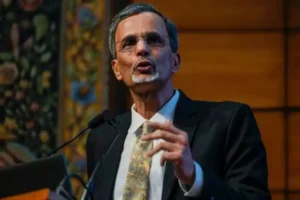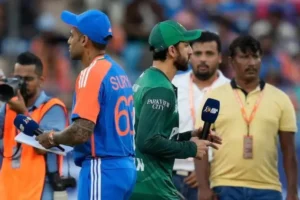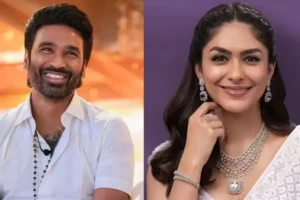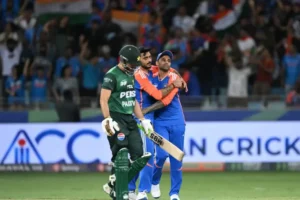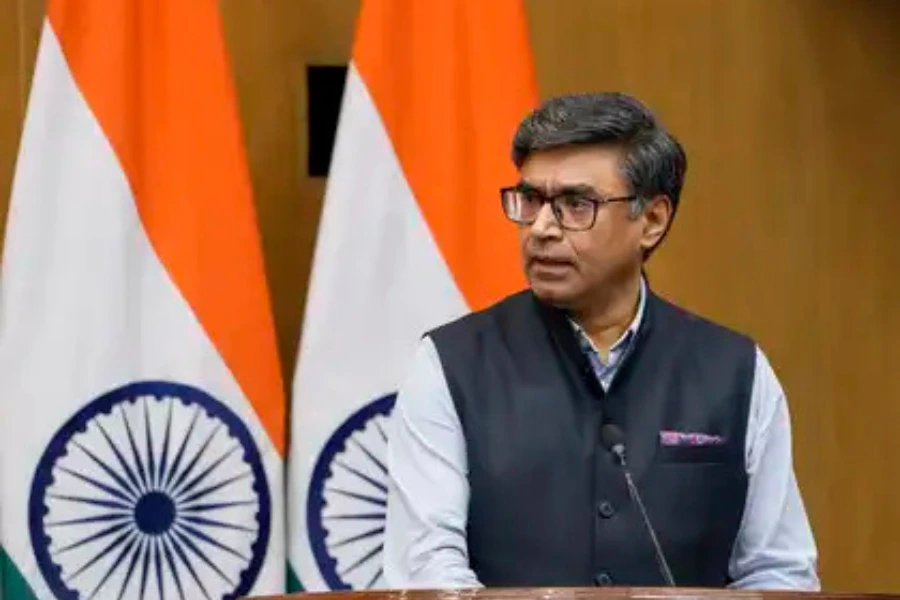
Digital Outrage After Reconciliation
The Foreign Secretary at the Ministry of External Affairs (MEA), Vikram Misri, has been subject to a wave of online abuse. It was following the announcement of a ceasefire deal between India and Pakistan, An experienced diplomat, Misri became the target of a digital crisis after the reports of a ceasefire violation on Saturday night. It prompted the responses consisting of well over a hundred, from various social media channels.
Misri’s verified X (formerly Twitter) account is now limited. It is as trolls bombed his account with abusive comments. The online abuse – driven by their frustration over the Indo-Pak ceasefire. These particularly accused him of being a “traitor”, while accusing him of sacrificing national interests.
Personal Attacks Involving Family Members
What has many observers horrified is that Misri’s family – and even his daughter – were dragged into the conflict too. Disgraceful, and entirely inappropriate comments were directed at his daughter. It was despite her not having any role in any political or diplomatic issues.
The escalation of personal attacks on a public servant and his family demonstrates the toxic environment of trolling regarding political discourse. Also, the effect it may have on public servants simply doing their job on behalf of the elected government.
The Trajectory of Vikram Misri in Diplomacy
Vikram Misri, a Srinagar native, assumed office as Foreign Secretary on July 15, 2024. Misri has had a long diplomatic career of over 30 years. He has many important postings in the MEA, the Prime Minister’s Office, and serving as a crucial advisor to three Prime Ministers – IK Gujral, Dr. Manmohan Singh, and Narendra Modi.
During the recent military operation, named Operation Sindoor, that was initiated in response to the Pahalgam terrorist attack of April 22, 2024, Misri was the public face to all of India’s diplomatic communications. Given the closeness between the countries’ armed forces, Misri worked daily with key defence officials. He would frequently update the public on India-Pakistan relations. He remained steady and clear under pressure during this conflict. This allowed him to remain in control.
Some of his comments during the crisis received significant recognition. Following a comment from a Pakistan Army officer, who stated that Indian citizens target their own government, Misri said, “For Pakistan it might be shocking that citizens are free to speak out against their government.” This is a mark of any open democracy.
Such comments demonstrate his level-headedness, and his positivity towards the values in an open democracy. It was so, even during difficult times of diplomatic engagement.
Political Figures Show Support
The extremely aggressive trolling of Misri from a number of political figures led to significant backlash.
AIMIM President Asaduddin Owaisi stated his support through a post on X:
“Mr Vikram Misri is a principled and honest, hard-working diplomat serving our country for a long time.” Public servants serve the executive. “They should not be blamed for the decisions made by the political leaders above them.”
The Congress party, together with Congress Kerala and senior Congress leaders like Salman Anees Soz, also issued statements in support of Misri : “It is simply unfair, and dangerous, to criticize a bureaucrat for the decisions made by political leaders at higher level,” a Congress statement read.
“So I ask all Indians to defend Vikram Misri, a Kashmiri, who has brought Karnataka pride in India”, Soz said. “No effort at trolling will detract from Vikram Misri’s contribution to the nation.”
The Larger Story
This incident reflects the fragile nature of public conversation in India, particularly in a period of geopolitical tension. It also reflects a concerning tendency to blame senior civil servants, who serve at the pleasure of the elected government, for the decisions of their political masters.
These recent news updates, has brought the issue of digital culpability, online victimization, and the limits of public display of critical speech into the spotlight again.
It has also sparked inquiries regarding the influence of social media on national narratives and the necessity of safeguarding public officials from unjust personal assaults.


